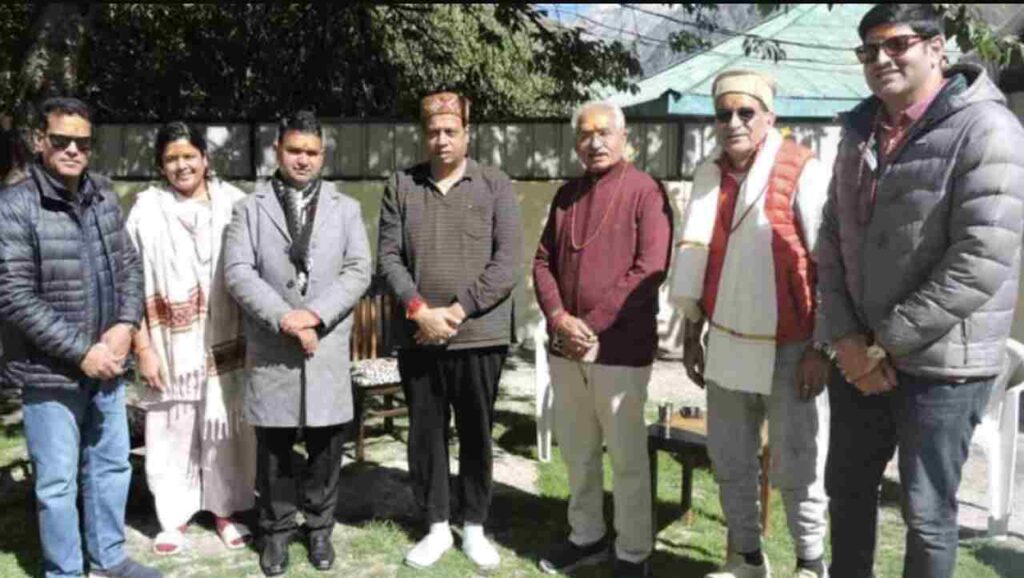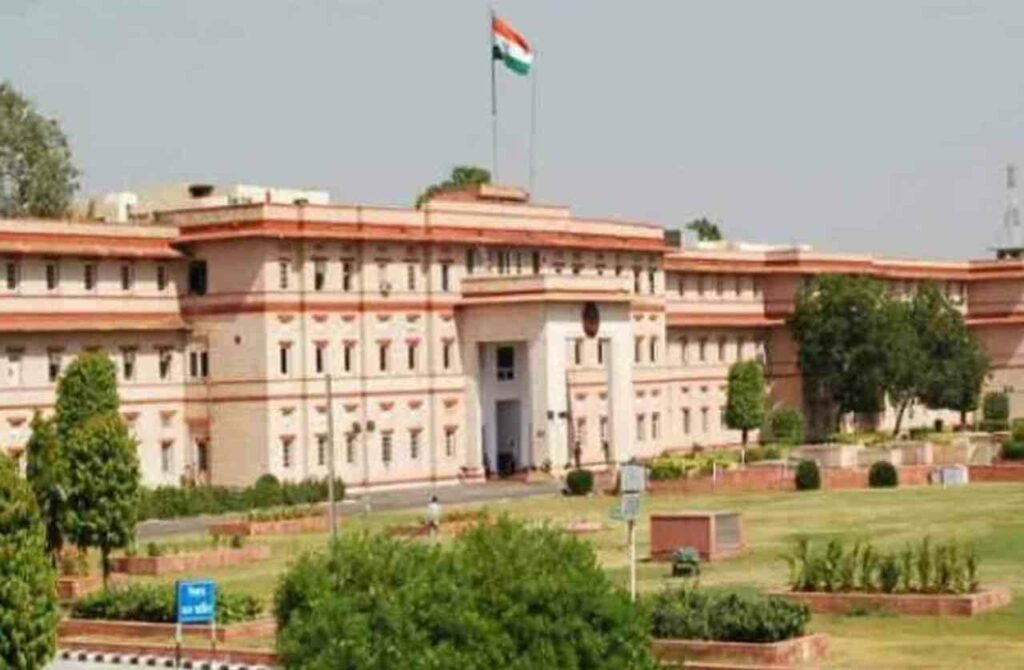Dehradun: if you are in love and not ready to get married, then do move in with the person you adore. Just don’t do it in Uttarakhand. It is fine to live together in Lucknow, which used to be the capital of what now constitutes the state of Uttarakhand. But drive a little out of Uttar Pradesh to neighbouring Uttarakhand—say, to a lovely home in the hills—and the two of you could end up in separate prison cells.
With the Uttarakhand assembly passing the Uniform Civil Code Bill, the BJP government of Chief Minister Pushkar Singh Dhami has got what it wanted—to be able to punish couples living together outside of marriage with a jail term ofthree to six months.
The only way to avoid this fate is to officially register your relationship with the authorities. (In which case, of course, why not just get married?) This applies to people who do not live in Uttarakhand as well. If you are from Uttarakhand but live in say, Chennai, you are still bound by the provisions of the Bill. You still have to register your relationship with the local registrar or some such official of the Uttarakhand government.
Ah, the thorny issue of civil codes; pure electoral gold for politicians of all religions. At least, for once, these provisions are not rooted in communal politics. We know that the ‘Code’ in Uniform Civil Code (UCC) refers these days to its role as a code phrase for targeting Muslims and their personal laws.
This issue, however, goes beyond religion. Speaking for myself, I have long supported a common civil code for all Indians but I want it to be preceded by a national debate and some level of consensus. Sadly, the move to introduce such a code has now become a means of asserting Hindutriumphalism, especially when BJP state governments introduce their own bills and the introduction of such bills is accompanied by chants of Jai Shri Ram in the assembly.
But while the Uttarakhand BJP was focusing on pushing its own Hindutva political agenda, a clause aimed at live-in couples was also sneaked into the Bill.
This affects Hindus (and everyone else) as well. And I imagine that, as the realisation of what the Bill entails sets in, there will be a move to water down or even delete this provision. (Or perhaps not. These days, rational explanations cannot match the irrational behaviour of politicians.)







